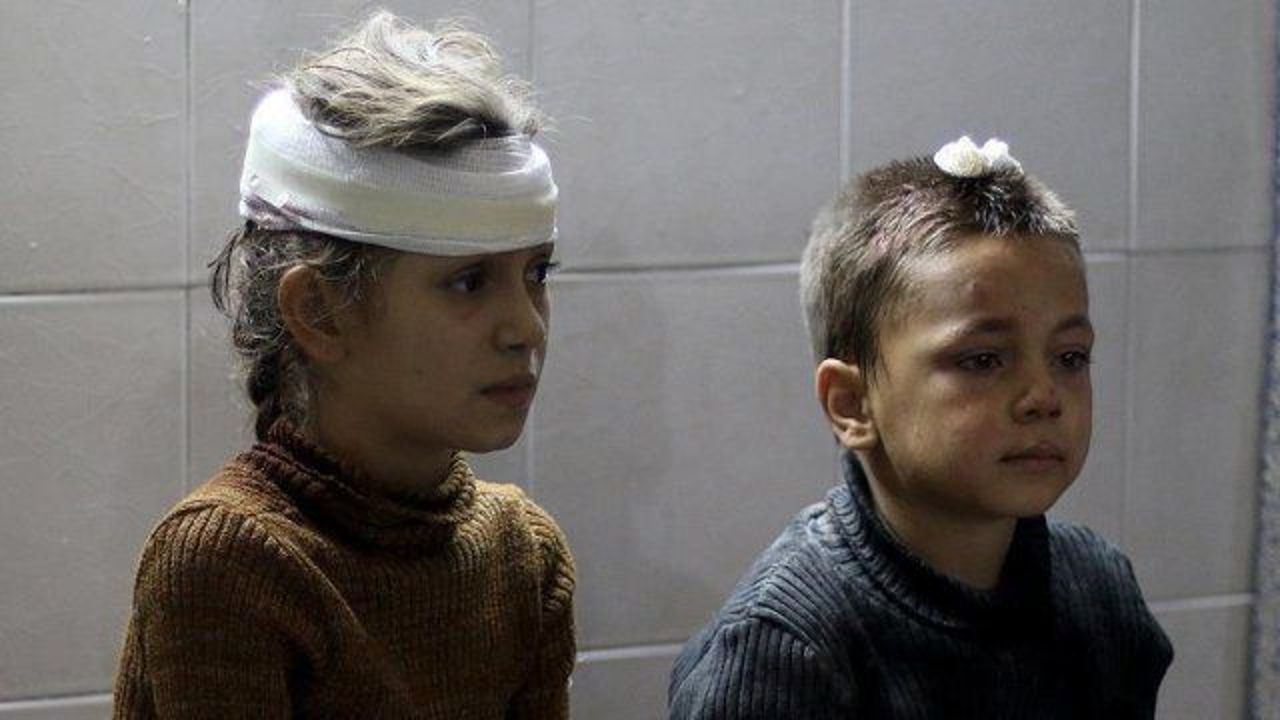Syrian opposition hands abuse dossiers to UN
Syria’s armed opposition, attending a seventh round of peace talks in the Kazakh capital Astana on Monday, presented the UN with documents about human rights violations in the war-torn country.

According to an opposition source, the four dossiers included allegations about Bashar al-Assad regime and terrorist PKK/PYD-led changes in Syria’s population structure, massacres of civilians by government forces in regions where it collaborated with Daesh, regime torture of hostages plus illegal acts by Iran-supported militias.
These documents included visual and audio recordings, said the source, who requested anonymity due to restrictions on speaking to the media.
The first document, called Demographic Change, included evidence accusing the regime, in collaboration with PKK/PYD, of driving civilians from their homes and of seizing property.
In the second document -- Karyateyn Massacre: Regime-Daesh Cooperation -- it was claimed that Daesh handed the Karyateyn region of Syria’s western Homs province to the regime without a fight, despite government claims it took the area by force.
According to the source, the third document -- Hunger Strike in Homs Prison -- focuses on the prison’s governor who, it is claimed, tried to convince visiting Red Cross teams that the situation was "positive". Some visuals included in the document showed inmates having been tortured.
The last document -- Massacres of Iran's Revolutionary Guards and Shia militias in Syria -- presented evidence of claims Iran's Revolutionary Guards helped form Daesh.
The Astana talks, which will focus on strengthening a cease-fire which came into effect on Dec. 30, are brokered by Turkey, which backs the opposition, and Russia and Iran, who support Assad’s regime.
Representatives of the Syrian regime, armed opposition groups, as well as delegations from the UN, Jordan, and the U.S. are attending.
Anadolu Agency







